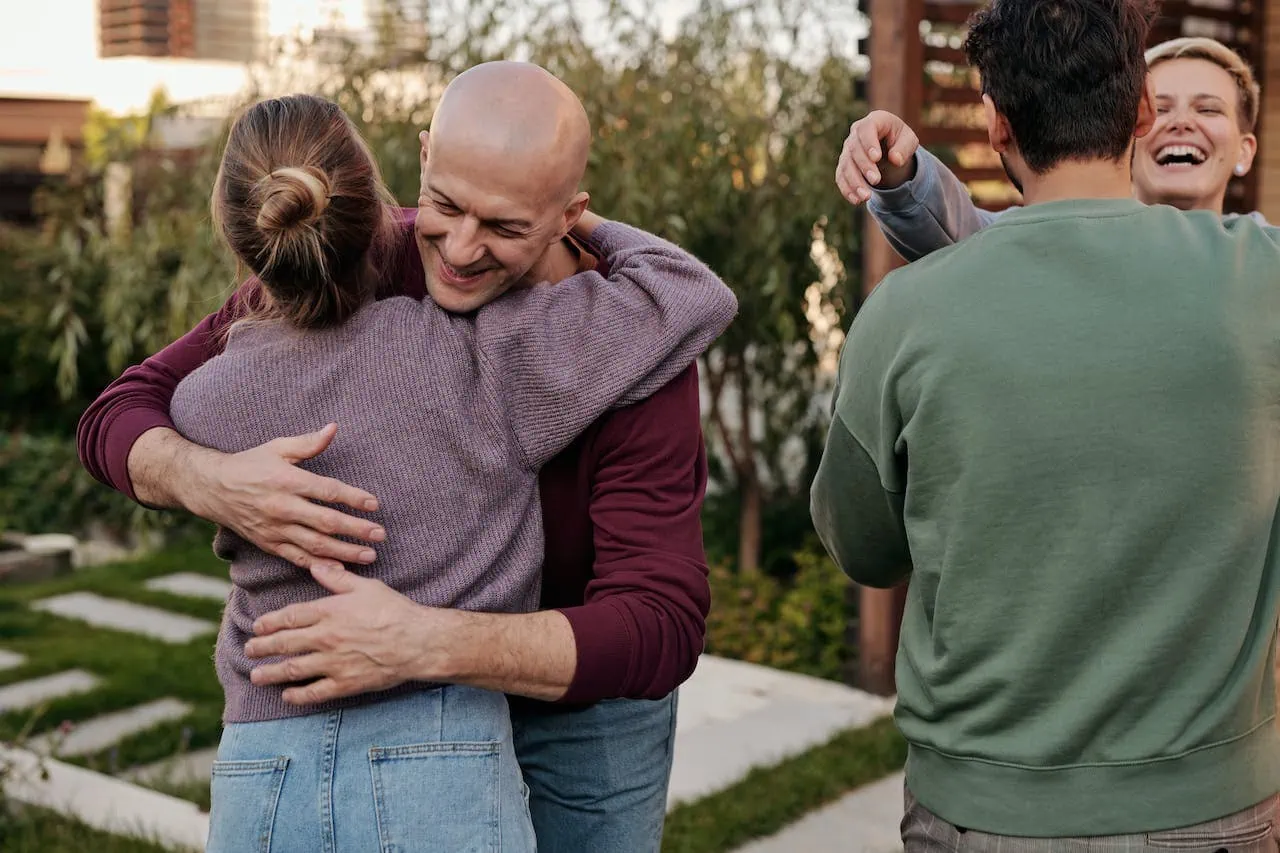
Relapse is a Part of Recovery: Here's Why
In the winding road of recovery from addiction, relapse often emerges as an unexpected detour.
It's a chapter that can feel disheartening, discouraging, and sometimes even devastating. However, for many people, relapse is not the end of the road; it's a part of the journey. It's a pivotal moment to learn, grow, and ultimately strengthen resolve to overcome addiction.
The Disease of Addiction Is Powerful
Let's face it: addiction is a formidable opponent. It's a relentless force that can grip a person’s life with claws, leaving them powerless and isolated. Breaking free from its grasp requires immense courage, determination, and support. And yet, despite a person’s best efforts, relapse can occur.
But here's the thing: relapse doesn't define you. It doesn't diminish your worth or invalidate your progress. Instead, it presents an opportunity for reflection and renewal. It's a wake-up call and a reminder of the challenges and the work ahead. It's also a chance to reassess your strategies, identify triggers, and bolster your coping mechanisms.
In the journey of recovery, setbacks are inevitable. They're like storms that sweep through your life, testing your resilience and resolve. But just as every storm eventually passes, so too does the turmoil of relapse. What matters most is how you respond in its aftermath.
Setbacks also allow growth opportunities. Learn from your mistakes, and do the work to avoid repeating them.
Living With a Relapse
If you find yourself grappling with relapse, remember this: you are not alone, and you are not defeated. You are a warrior, bravely facing the challenges of addiction head-on. Your journey may have obstacles, but you grow stronger and more resilient with each step forward.
In your quest for sobriety, you must practice self-compassion and forgiveness. While it’s hard, you’ll learn to embrace your flaws and imperfections, recognizing that they are integral to your journey. Each stumble is an opportunity to rise again, stronger.
Relapse also helps people recapture their sense of humility. It can deepen empathy and understanding for others battling addiction. It fosters a sense of solidarity—recognizing that no one is alone in their struggles. By sharing your experiences and supporting others, you can find strength in unity and hope in solidarity.
Recovery is not about perfection; it's about progress. It's about picking yourself up, dusting yourself off, and continuing with unwavering determination. So, embrace your journey—flaws and all—and know that setbacks can lead you one step closer to sustained recovery if you re-commit to the journey.
Getting Back On Your Feet After A Relapse
Recovery isn't always a linear path; for many, it's a series of peaks and valleys, just like life. The journey may filled with triumphs and setbacks, victories and defeats. Relapse is not a sign of failure; it's a sign of humanity.
Experiencing a relapse can be disheartening, but remember, setbacks are a natural part of recovery. Here are some steps to help you get back on your feet after a relapse:
- Acknowledge the relapse: Recognize a relapse and accept it without judgment. Don’t beat yourself up. Remember that you are powerless over your addiction, but you’re not powerless over your recovery. For some people, setbacks happen. Focus on moving forward.
- Reach out for support: Contact your support network, whether it's friends, family, a therapist, or support groups. Sharing your experience with someone can provide valuable emotional support and help you regain perspective.
- Reflect on triggers and warning signs: Reflect on what led to the relapse. Identify any triggers or warning signs that may have contributed to it.
- Develop a plan of action: Create a plan to prevent future relapses, including seeking treatment for your substance use disorder. Reach out to your support network and be honest. Get feedback. A clear plan can give you a sense of control and empower you to stay on track with your recovery.
- Practice self-care: Nurture your physical, emotional, and mental well-being by doing activities that promote relaxation, stress reduction, and overall health. Go to 12-step meetings. Meditate. Spend time in nature or engaging in hobbies you enjoy.
- Be patient with yourself: Recovery is a journey, and it's expected to experience setbacks along the way. Be patient with yourself and remember that every step forward, no matter how small, is progress towards a healthier and happier life.
By taking these steps and staying committed to your recovery, you can overcome relapse and continue moving forward on your journey toward lasting sobriety and well-being.
Many people have a relapse as a part of their story, but it’s not a requirement! If you feel triggered or tempted to use substances, lean on your support network and go to 12-step meetings.
Get Sober in a Safe, Serene Setting
Have you or somebody you love experienced a relapse and need to get back on your feet? If you struggle with substance use, we’re here to help you get on the path to recovery.
Within the peaceful and safe ambiance of Todos Santos, Baja, California, individuals struggling with addiction can find solace and customized support. Our integrated approach doesn't just tackle addiction symptoms but also addresses some of the root causes, guiding the body, mind, and spirit toward a healing journey.
At our treatment center, we prioritize the holistic well-being of individuals, emphasizing physical, mental, and emotional wellness. We empower our clients to overcome addiction through compassionate care and evidence-based practices and reignite hope, purpose, and resilience. We help set a strong foundation for recovery for all who come through our doors.
Take the first step towards re-committing to recovery by calling us at 1-888-984-0758 or contacting us here.
